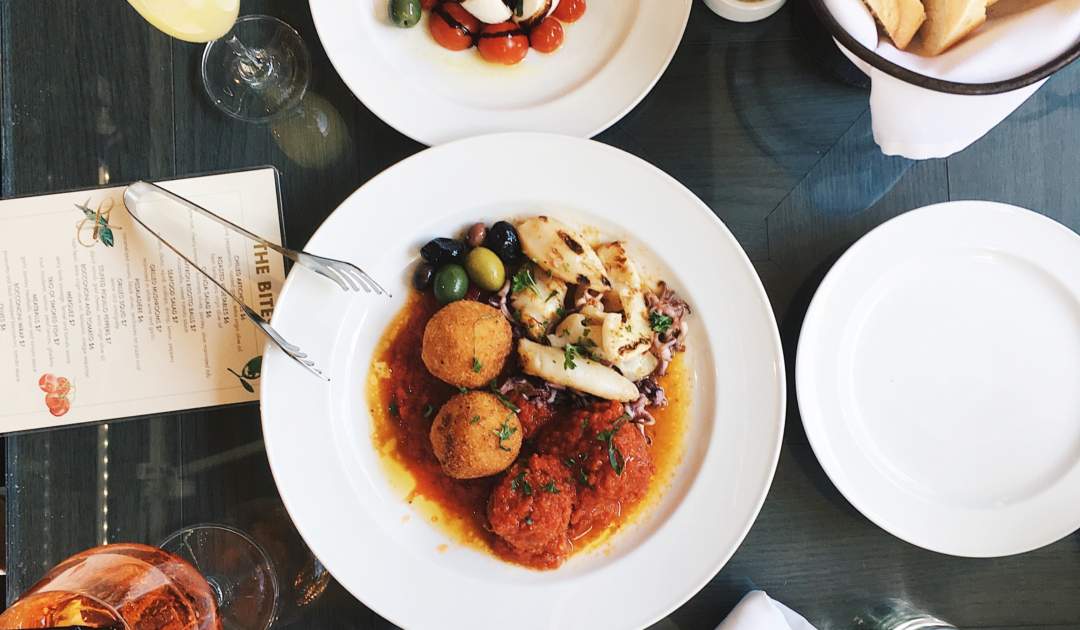Projekt
Biodiversity outside the box
Biological diversity, or biodiversity, encompasses the wealth of ecosystems, animal and plant species, biotic communities and living organisms, as well as their genetic diversity. It is a prerequisite for human life and economic activity, for example for agriculture and our food supply. Everyone depends on biodiversity as the basis of all ecosystem services. However, 75% of the land surface and 66% of the ocean surface are already heavily modified.
Action is therefore needed. So far, however, little has been done to translate the various aspects of biodiversity conservation into concrete action and daily consumer decisions. Practical living laboratory research projects are a promising option for changing this. They make it possible to convey the abstract and complex content in a practical way and create a broad understanding of the challenges and options for action. The interrelationships outlined above and the connection to individual foods and their value chains should be transported into the everyday world.
BiTe achieves this through out-of-home catering – a living laboratory with major leverage. The aim is to establish a biodiversity index for meals in company restaurants, hospitals and canteens in order to quantify the loss of biodiversity and thus make it comparable and observable. The aim of the BiTe project is therefore to develop and test a biodiversity index for meals in out-of-home catering for the first time. To this end, a multi-indicator set, the so-called BiTe biodiversity index, was developed as part of the first project phase. Based on this development, out-of-home meals can be identified as “biodiversity-friendly”. This will be tested in practical operations in phase 2. Phase 2 will also focus on motivating guests on site. Design concepts and motivation formats are to be used to promote the decision to choose biodiversity-friendly food in the partner establishments. Together with the three partners (Rebional, Mensaverein Rheine and NEUE ARBEIT), these were conceptually developed in co-creation processes in the first project phase. In the next step, the second project phase, the concepts will be further developed and tested in practice, initially in a test phase with the three practice partners, then nationwide, in optimized form in nationwide out-of-home establishments.


